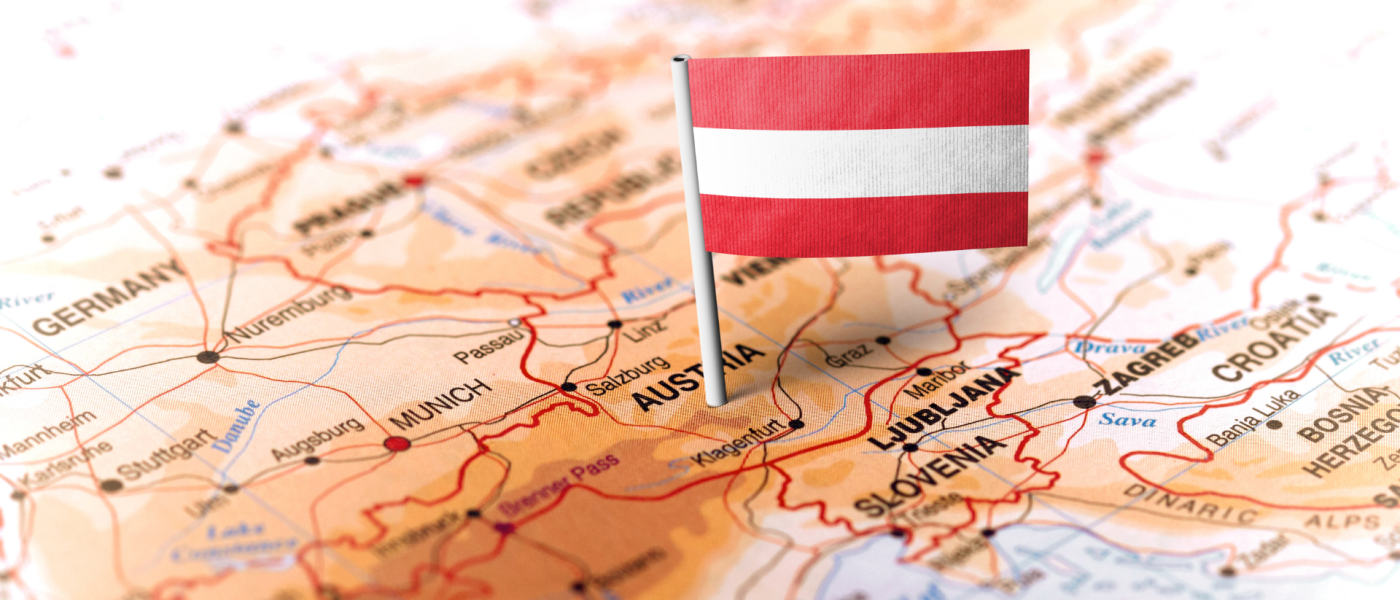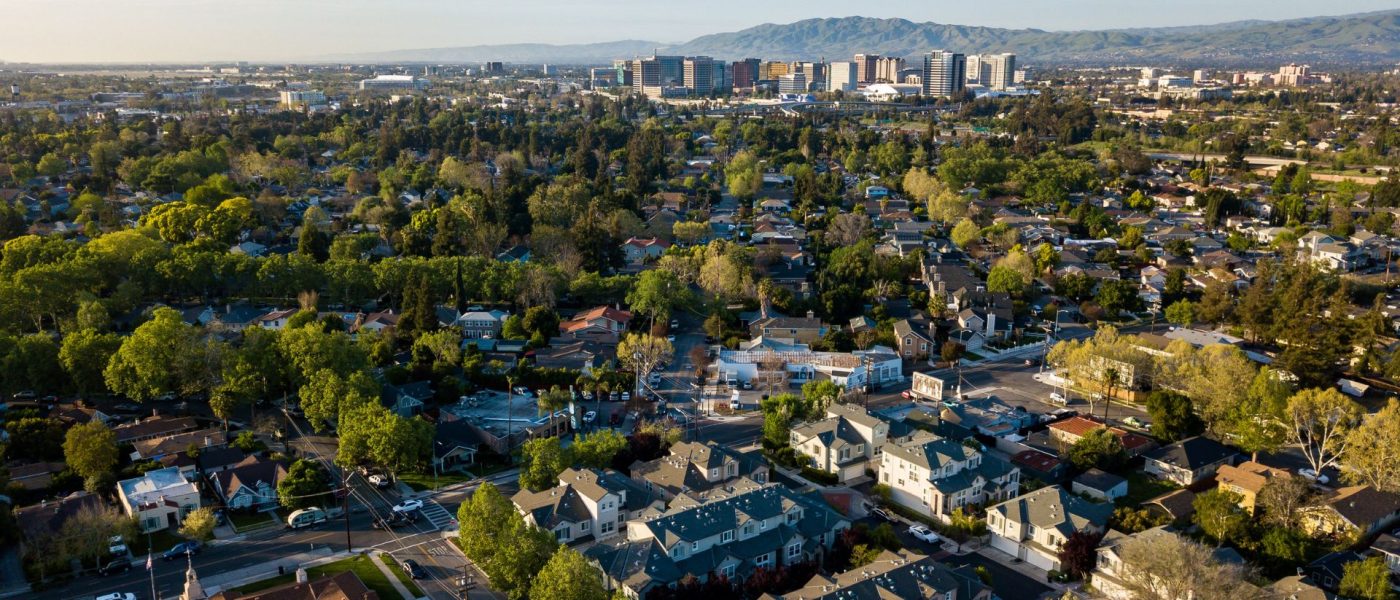Here are key information and references about environment, that could be useful in essays.
Important dates in the US from 2015 to 2020:
- 2015: Flint water crisis: economic interests take over from ecological concerns. The local government decided to change the town’s water supply source to save money, and a huge share of the population suffered from lead poisoning.
- 2016: Just weeks before leaving office, Barack Obama issued an executive order which prohibited drilling in some oceans. But Trump signed an executive order of his own to reopen those areas.
- 2016: Obama and Xi Jinping signed documents to reduce pollution (China and the United States are responsible for 38% of carbon emissions: China: 10 billion tons of Carbon emission, US: 6 billion tons per year.
- 2020: Trump validated the construction of the Keystone XL pipeline whereas Obama had resisted for years for environmental reasons. A federal judge in Montana temporarily blocked the construction, putting a hold on the Trump administration’s permit for the project, pending further environmental review.
- December 2021: Biden signs order to make the US government carbon neutral by 2050. In a statement, the Biden administration said the “whole-of-government effort to tackle the climate crisis“ must happen “in a way that creates well-paying jobs, grows industries and makes the country more economically competitive.” The goal is to achieve a 65% reduction in greenhouse gas emissions within a decade.
Lire plus : Des chiffres sur l’environnement à mobiliser
Important dates In the UK (situation is not much better):
- Chancellor Philip Hammond wants to be known as “the green Chancellor”. He speaks a lot, but Caroline Lucas says “Wake up, Philip Hammond. The Climate crisis need actions, not lip service.
- 2018: Theresa May announced a new target to eradicate plastic waste by 2042. Indeed, confidential documents secured by Greenpeace showed that the Government was opposing EU targets for recycling, despite May’s claims. The EU aims to recycle at least 65% of all urban waste by 2035.
- April 2018: over forty companies including Coca-Cola and Asda signed up to the UK Plastics Pact to cut plastic pollution by 2025.
- 2021: The UK produces 2% of global greenhouse gas emissions = 8th largest emitter in the world.
- 2021: The UK was feared that Brexit will take the country back to those dark days, because most environmental progress were made thanks to EU legislation.
Important dates in the world:
- 2009: China overtook the US as the worst greenhouse gas emitter, but the US still surpasses China in per capita emissions.
- 2011: Fukushima Among the 99 nuclear accidents, 57 took place in America.
- From 2012 to 2017 More than 241 billion tons melted each year. Considered a key indicator of climate change.
- 2018: Antarctica’s ice sheet is melting at an accelerating rate, (study published in the journal Nature).
- 2018: American researchers William Nordhaus and Paul Romer received the Nobel prize for economics for their work on the interplay of climate change and technological innovation. He shows that “the most efficient remedy for problems caused by greenhouse gases is a global scheme of universally imposed carbon taxes.”
- 2000-2021, we have experienced 16 of the 17 warmest years on record.
- March 2020: lots of fires in Australia.
- By 2040: If greenhouse gas emissions continue at the current rate, the atmosphere will heat up by as much as 2.7 degrees Fahrenheit above preindustrial levels, causing a mass die off coral reefs coastal flooding, and food shortages (report by the intergovernmental Panel on climate change).
- 2021: Man-made CO2: only 29 gigatons/year. Consumption of vegetation by animals: 220 gigatons of CO2/ year. Respiration by vegetation: 220. The ocean: 332.
- 2021: Global carbon dioxide emissions from fossil fuels have rebounded by 4.9% this year, following a Covid-related dip of 5.4% in
- 2021: 90% of scientists agree on climate change, there are visible signs: rising temperatures, more intense natural disasters, melting glaciers, earlier blooming, more wildfires.
- Even though ecologists and economists are often at loggerheads, they all claim to have humanity’s welfare as their goal.
- By 2100: Temperature will increase by 6°C above pre-industrial times in some parts of Asia and the Pacific
- Most concerned areas: Bangladesh, the Philippines archipelago, China, the Mekong Delta, the flood-prone Indus Delta, Maldives, and Fiji.
- August 2021, the report from the IPCC alerted on the irreversible effects of climate change.
- The pandemic has pushed up public debt (across Asia). It has also highlighted pressing needs in public health and education. That makes it a difficult time to steer a vastly bigger share of public investment towards climate stabilization.
- 2022-2023: new GIEC reports which are very important to analyze.
Lire plus : L’importance de l’environnement et de l’écologie en Chine
























